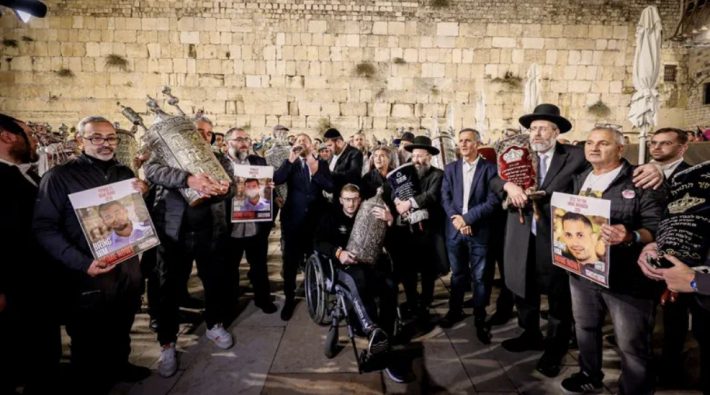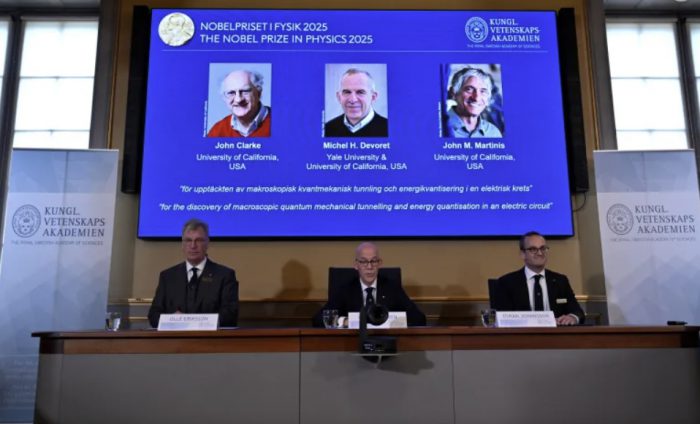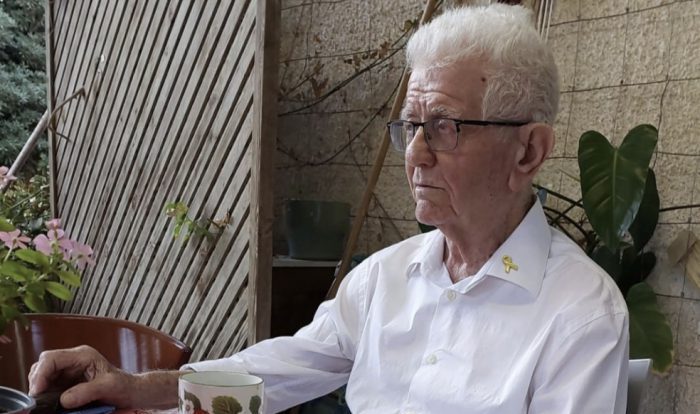A meditation on Jewish martyrdom, the soul of righteous vengeance, and how the passion of Pinchas inspires modern Jewish responsibility, compassion, and courage.
The Eternal Cry for Justice
One of the most moving and hauntingly beautiful prayers recited during Shabbat Mussaf is “Av HaRachamim” (Father of Compassion). Composed in the shadow of medieval massacres against the Jewish people, it echoes the memory of sacred souls who chose death over conversion, affirming their faith in the Holy One, Blessed be He, despite unthinkable cruelty.
During the brutal pogroms of the Middle Ages—often incited or sanctioned by the Church—Jews were tortured, murdered, or offered “mercy” through forced conversion. Yet countless refused, choosing martyrdom (Kiddush Hashem) over betrayal of their Emunah (faith).
Rabbi Joseph B. Soloveitchik reflects that many Jews, fearing they might surrender under torture, made the wrenching choice to preemptively end their lives—and even those of their families—to avoid compromising their divine covenant. He notes, via Tosafot (Sanhedrin 74b), that while halacha does not mandate such sacrifice, their actions reflected a profound commitment: even coerced idolatry was viewed as spiritual death.
These holy martyrs represent the highest form of sanctification—those who gave everything to uphold Hashem’s Name.
What Do We Ask For in Av HaRachamim?
The prayer itself is a plea for remembrance and divine justice:
“Father of mercy… may He remember with compassion the holy and pure… those who gave their lives for the sanctification of His Name… May G-d avenge the spilled blood of His servants…”
This isn’t a passive hope for comfort. It’s a theological recognition that vengeance against evil—when carried out by the Divine—is part of moral restoration. As it states:
“O nations, sing the praise of His people, for He will avenge the blood of His servants…” (Deuteronomy 32:43)
“Why should the nations say: ‘Where is their G-d?’… Let there be vengeance for Your servants’ spilled blood.” (Psalms 79:10)
The Zeal of Pinchas: Righteous Vengeance, Not Mindless Violence
This week’s Parsha, Pinchas, expands on this tension between compassion and zeal. Pinchas stands as a controversial figure—not for hatred—but for acting with courage, clarity, and love for Hashem. He saw that tolerance of evil often parades as virtue, while moral conviction is too easily dismissed as extremism.
In the midst of a plague that followed Israel’s descent into immorality and idolatry with the daughters of Moav and Midian, Pinchas acted. When Zimri, a prince of Shimon, publicly sinned with a Midianite princess, it was not merely private transgression—it was a public declaration of defiance. That visibility changed the context—and the consequence.
The Rambam later wrote (Hilchot Shabbat 30:15) that public desecration, not private sin, signals contempt for Torah. That is what Pinchas confronted—not personal weakness but societal collapse.
Justice Rooted in Love: The Pinchas Paradigm
Pinchas’ zeal was not rage—it was love. Hashem rewarded him not with war, but with peace:
“Behold, I give him My covenant of peace… because he was zealous for his God and made atonement for the Children of Israel.” (Numbers 25)
The Talmud (Sanhedrin 82b) confirms that the angels themselves questioned Pinchas, yet G-d affirmed him: “Leave him. He is a zealot, son of a zealot. An appeaser of wrath, son of an appeaser of wrath.”
Compassion and Conviction in Modern Jewish Life
In today’s Israel, this tension remains. Many secular Jews still identify with Jewish tradition but live disconnected from halachic observance—not out of rebellion, but due to cultural detachment.
For Torah-observant Jews, the challenge is to respond with love—not rocks. The response to chilul Shabbat (Sabbath violation) or public disregard for halacha is not violence, but meaningful outreach. This is not passive acceptance, but an active strategy to win hearts rather than harden them.
Pinchas teaches us that sometimes the fight is necessary—but only when rooted in Ahavat Hashem, and in defense of what is sacred, not in anger or pride.
Toward National Unity and Redemption
Just as Pinchas became a peacemaker between Israel’s tribes after being a zealot for truth, we too must cultivate zealous love—not self-righteous hatred.
Let us pray for the wisdom to know when to speak out, the strength to oppose desecration, and the humility to do so with compassion.
May the memory of our holy martyrs, and the example of Pinchas, inspire us to uphold truth with love, and justice with peace.
Shabbat Shalom.





